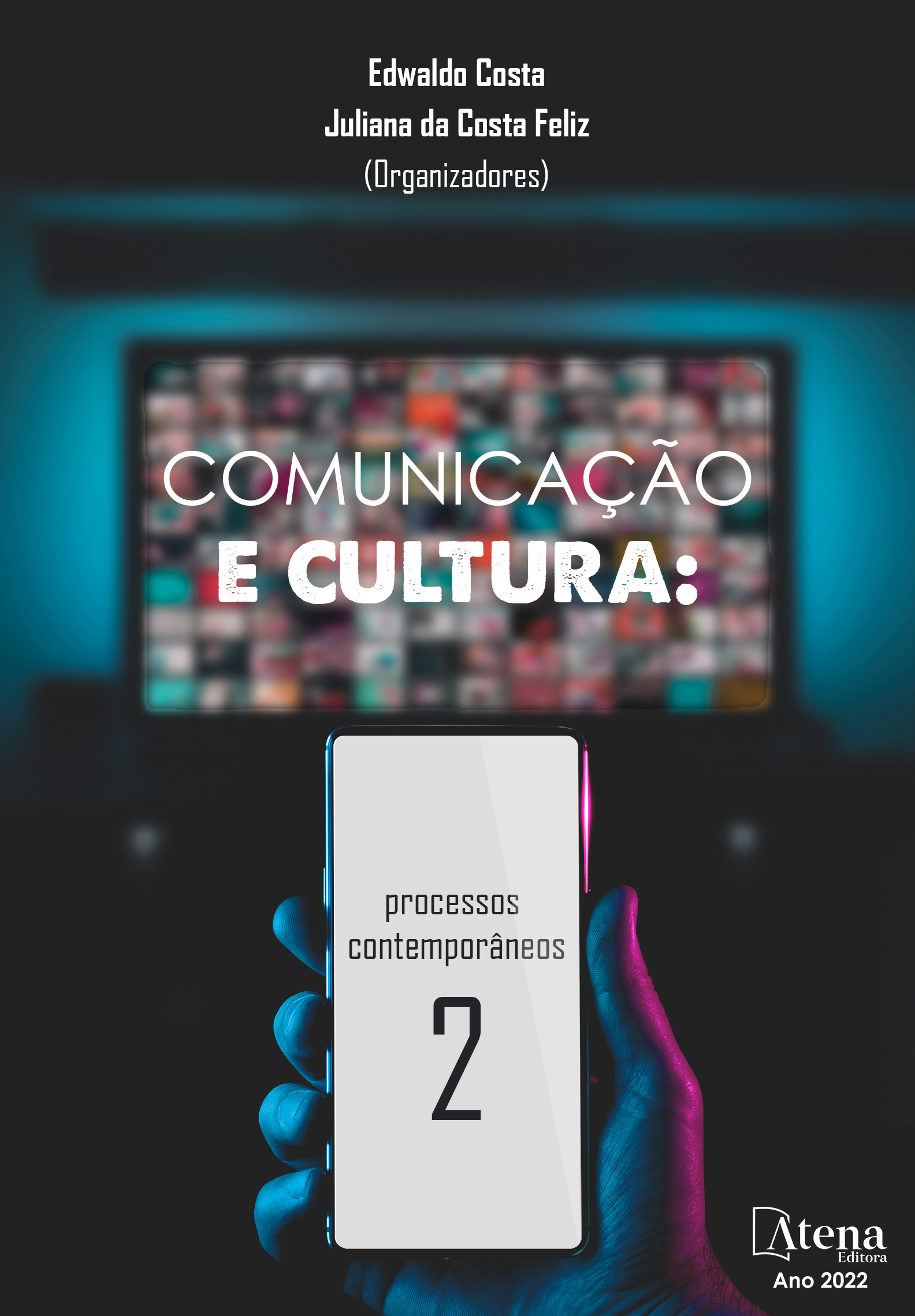
Representatividade: reflexão sobre a indústria literária através do livro-reportagem “Não. Ele Não Está”
Este estudo busca refletir sobre a Indústria Criativa da literatura no Brasil, bem como o desempenho no mercado editorial e literário através do livro-reportagem “Não. Ele Não Está”, de Maíra de Deus Brito, considerando a inclusão racial (aplica-se aqui, também, outros campos inclusivos) como uma maneira de consolidar o mercado, estimular a produção cultural bibliográfica e conquistar novos públicos por vezes negligenciados pela falta de representatividade. Proposta pela UNESCO, a Indústria Criativa tem a intenção de promover rupturas em cada nicho que atua, propondo inovação e mudanças sociais; portanto, a partir da entrevista com a escritora, buscamos compreender a atuação da Indústria Criativa na literatura sob à ótica de uma escritora mulher e negra - características por vezes negligenciadas pela sociedade e pela indústria literária. Esta pesquisa foi desenvolvida para a disciplina de “Indústrias Culturais, Públicos e Mercados”, da Universidade do Minho, em Portugal, e ampliada considerando o recorte pós-pandêmico.
Representatividade: reflexão sobre a indústria literária através do livro-reportagem “Não. Ele Não Está”
-
DOI: 10.22533/at.ed.05022120710
-
Palavras-chave: Indústria Criativa, literatura brasileira, UNESCO, representatividade literária
-
Keywords: Creative Industry, Brazilian literature, UNESCO, literary representation.
-
Abstract:
This study seeks to reflect on the Creative Industry of Literature in Brazil, as well as the performance in the editorial and literary market through the book-report “No. He is not”, by Maíra de Deus Brito, considering racial inclusion (it also applies here to other inclusive fields) as a way of consolidating the market, stimulating bibliographic cultural production and conquering new audiences sometimes neglected by the lack of knowledge. representativeness. Proposed by UNESCO, the Creative Industry intends to promote ruptures in each niche it operates, proposing innovation and social changes; therefore, from the interview with the writer, we seek to understand the role of the Creative Industry in literature from the perspective of a black woman writer — characteristics sometimes neglected by society and the literary industry. This research was developed for the discipline of “Cultural Industries, Publics and Markets”, at the University of Minho, in Portugal, and expanded considering the post-pandemic clipping.
-
Número de páginas: 15
- Andreza Alves
- José Gabriel Andrade
- Eduardo Faria


